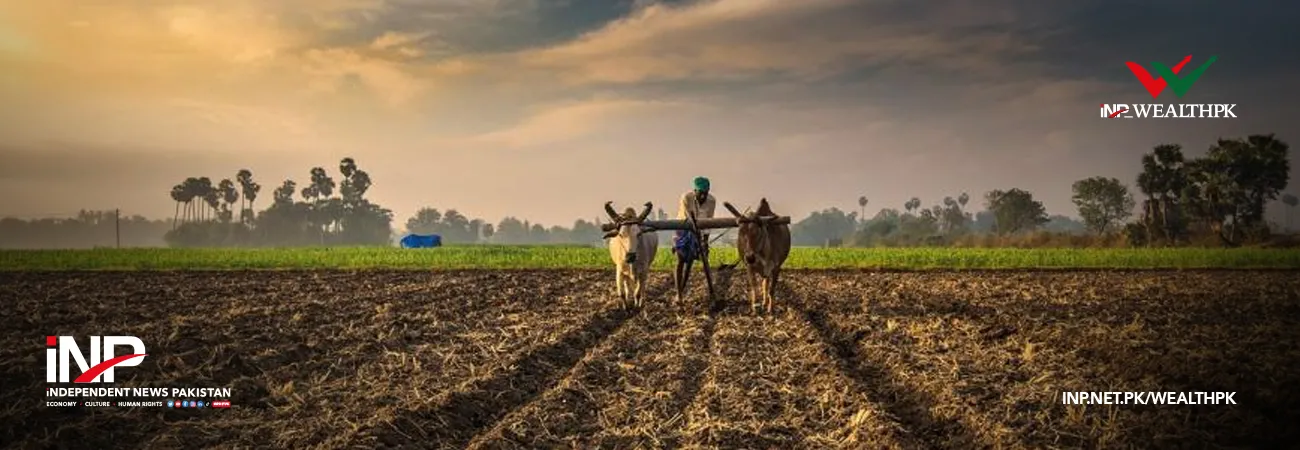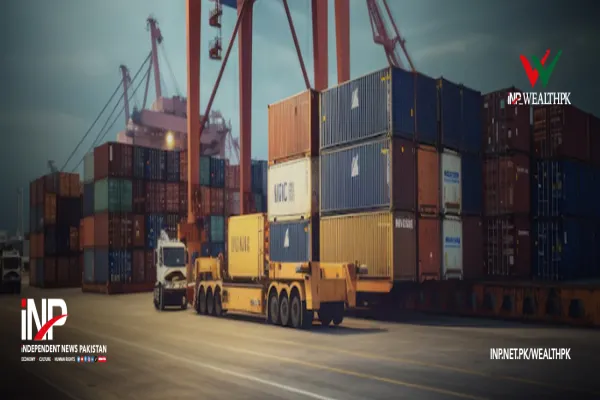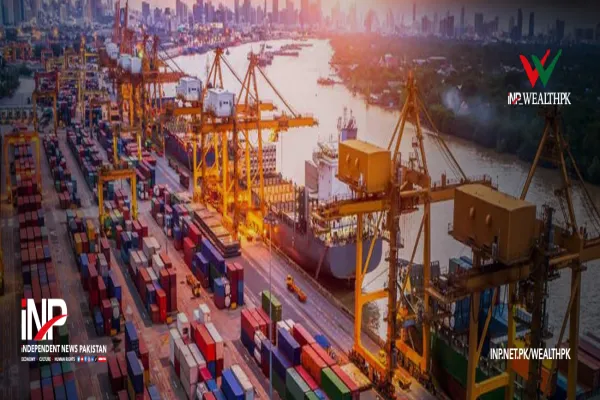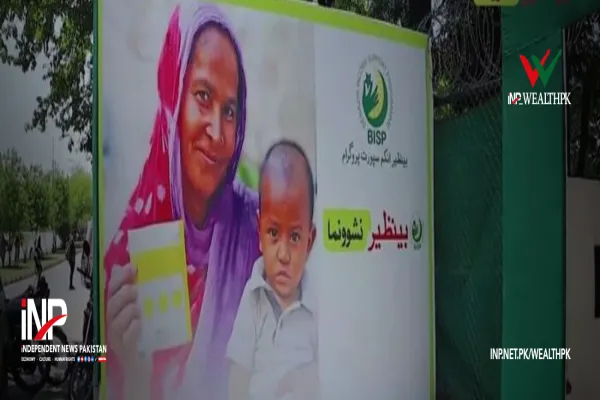i INP-WEALTHPK
Muhammad Saleem
Pakistan’s farming community should be trained in use of modern agricultural techniques for the sector’s sustainable development. Dr Ahmed, an agricultural scientist, said that agriculture is the backbone of Pakistan’s economy, and it must keep up with modern approaches. However, he expressed concern that many farmers were still using outdated farming methods that resulted in low productivity. He said that farmers needed a strong financial footing to cope with emerging challenges.
“However, it has been observed that policymakers are dragging their feet on providing the required support to the growers.” “Information technology, powered by artificial intelligence, is transforming every sector, and we must bring our farmers up to speed with modern agricultural trends. Without keeping them informed, Pakistan cannot ensure high productivity, sustainability or food security,” he added.
Ahmed said that agriculture contributed efficiently to the GDP, and embracing the latest cultivation and harvesting techniques was crucial to tackle major challenges like declining crop yields, water scarcity and soil degradation. He said that with the help of precision agriculture techniques farmers can easily monitor their fields efficiently, leading to better resource management and higher yields. Advanced irrigation systems like drip irrigation can ensure proper water distribution while saving plenty of water, he added.
The agricultural scientist urged the government to announce subsidies for farmers willing to adopt such innovations. Ahtshamul Haq, a progressive farmer, told WealthPK that the farming community was faced with climate change-induced challenges, low quality seeds, spurious pesticides and fertilizers, and soaring input costs. He said that unpredictable weather patterns and rising input costs were gradually reducing farmers’ profits.
He said forced by the diminishing profits in the agriculture sector, young people were turning their backs on the sector as a career. “We have to introduce modern agricultural practices in Pakistan to attract youth to the farming sector.” “The current state of the agriculture sector paints a bleak picture, offering no appeal to youth, who are looking for greener pastures abroad,” he said.
Ahmed said that training farmers in modern methods like using fertilizers efficiently and adopting pest-resistant crop varieties can help cut down on time and costs. “We need cutting-edge technology to control post-harvest losses.” “By equipping the farming community with modern knowledge and technologies, we can secure their livelihoods and ensure a productive agriculture sector,” he said. Ahmed said that modern agricultural knowledge would have a lasting and significant impact on rural development and ensure food security.
Besides, he said that modernising agriculture would create new economic opportunities in rural areas. He said to stay ahead of the curve, rural communities need training and tools like efficient processing and packaging to add value to their products. “By transferring modern knowledge, we can easily uplift rural communities and ensure agriculture is a viable sector in the country.”
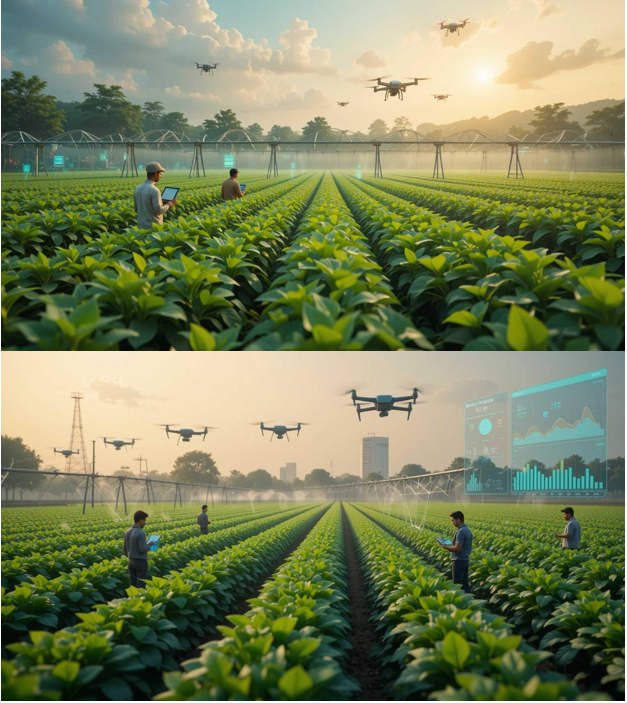
Credit: INP-WealthPk



